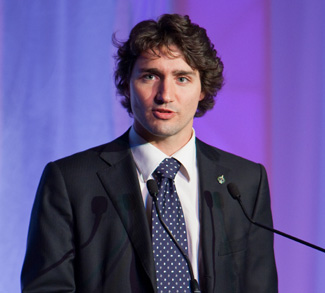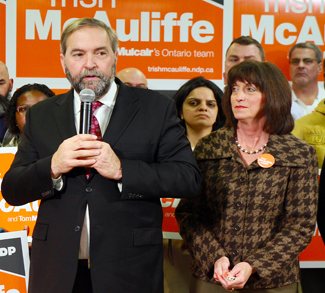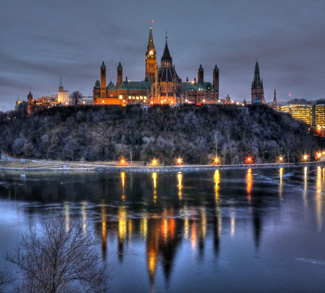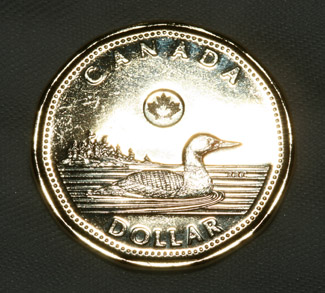The Liberal Party has been swept into power in Canada, winning 184 seats with 54% of the vote in elections this week – good enough to form a majority government. Now the spotlight is squarely on Justin Trudeau, the 42-year-old prime minister-designate, and the policy areas where he is likely to differ from his predecessor Stephen Harper.
To Keystone or Not to Keystone?
Justin Trudeau campaigned in support of the controversial Keystone XL project – a proposed pipeline connecting Canada’s oil sands to refineries in the US Midwest, which has long been languishing in political limbo. Despite Mr. Trudeau’s pro-pipeline lip service on the campaign trail, the election result is a net setback for the Keystone XL because it lost a resolute champion in the outgoing prime minister. Prime Minister Harper put so much emphasis on the Keystone XL project that he was roundly criticized by his opponents for allowing the issue to single-handedly sour US-Canadian relations under his watch. Now, with President Obama expected to veto an approval of Keystone XL in Congress, Trudeau might be given an escape hatch from having to follow through on his support.




